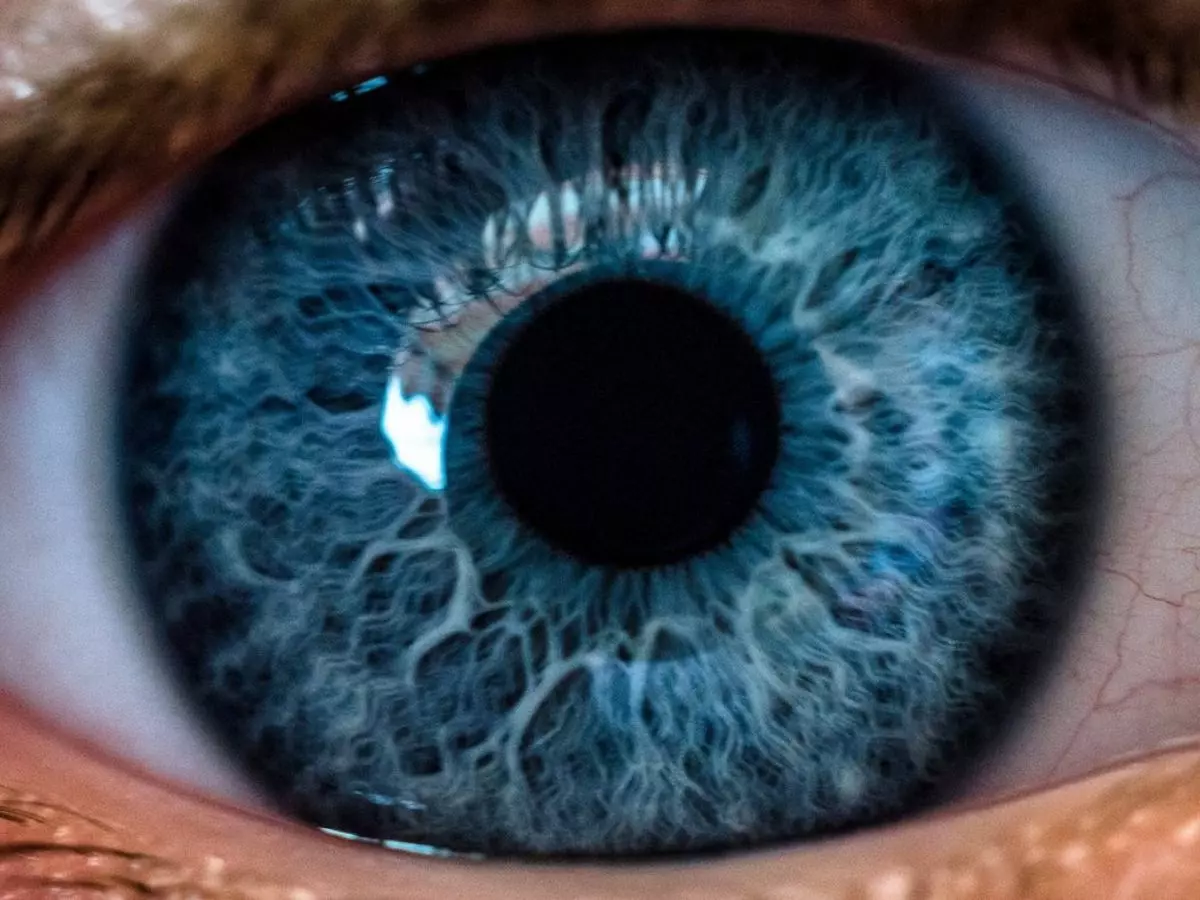Blind Man Can See Again After World's 1st Successful Artificial Corneal Implant
The surgery was conducted by Professor Irit Bahar, head of ophthalmology department at Israel¡¯s Rabin Medical Centre. This facility was also responsible for conducting the first human trials of the KPop implant on 10 humans and received its approval sometime in July last year.

Medical science has been advancing at an exponential rate. Whether it¡¯s the treatment of simple diseases or complex ones like the novel coronavirus, we truly see it get more effective with every passing year.
And now, it has managed to offer the gift of vision to a blind man, helping him see once again.
 Getty Images
Getty Images
In a technological wonder, 78-year-old Jamal Furani lost his eyesight around 10 years ago due to corneal disease. However, a new corneal implant helped in bringing back his vision. Created by Dr Gilad Litvin, Israeli scientist and Chief Medical Officer at CorNeat Vision, KPro is a non-degradable synthetic nano-tissue that is surgically placed under the membrane that covers the surface of the eyelid and the sclera.
The surgery was conducted by Professor Irit Bahar, head of ophthalmology department at Israel¡¯s Rabin Medical Centre. This facility was also responsible for conducting the first human trials of the KPop implant on 10 humans and received its approval sometime in July last year.
The process of implanting the artificial cornea can be done within an hour. First, doctors dissect the mucous membrane formation that covers the front of the eye while also lining the inside of the eyelids -- also known as the conjunctiva.
 CorNeat Vision
CorNeat Vision
Doctors then remove the corneal epithelium to reduce the existence of retro prosthetic membrane formation. Post this, they mark the centre of the cornea which allows them to place a stamp on the surface to indicate the placement of the implant.
The implant is then placed on the open area of the eyeball which is then stitched. Later, the surgeon makes incisions to attach the implant while also removing the cornea.
As per the company¡¯s claims, the cells start to regenerate in weeks, and the implant is permanently a part of the patient¡¯s eye.
Litvin said in a statement, ¡°After years of hard work, seeing a colleague implant the CorNeat KPro with ease and witnessing a fellow human being regain his sight the following day was electrifying and emotionally moving, there were a lot of tears in the room.¡±
 CorNeat Vision
CorNeat Vision
He added, ¡°This is an extremely important milestone for CorNeat Vision, key in our journey to enable people around the world to fully enjoy their vision potential.I am grateful and honoured to work with an outstanding group of people whose hard work, diligence and creativity, made this moment possible.¡±
